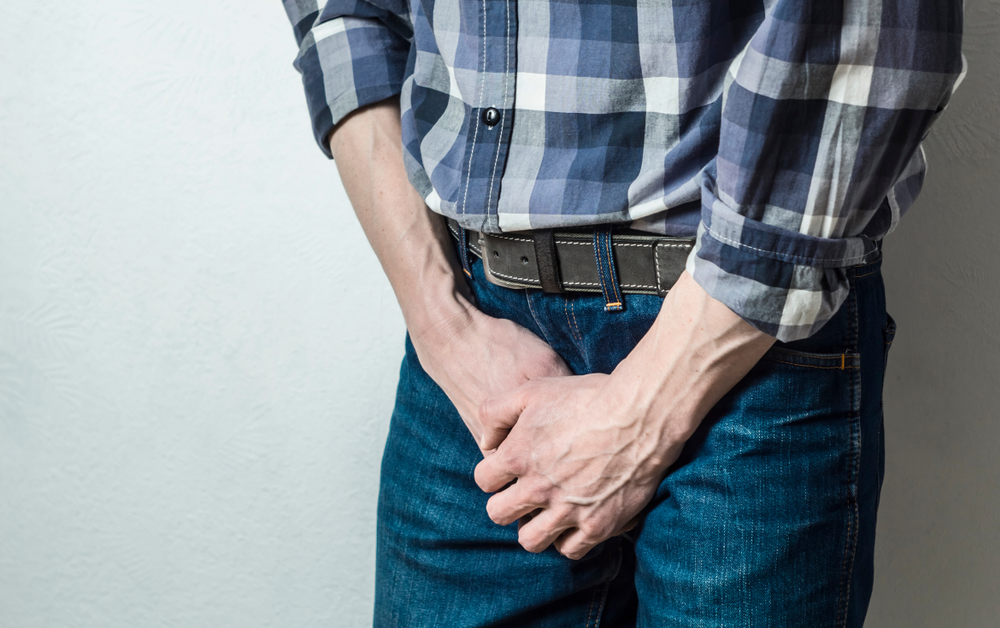Many of us have heard of urinary bladder stones, but how many of us know what they actually are? What are bladder stones? What causes them? And how do you treat them? Here is a quick look at everything you should know about bladder stones.

What Are Bladder Stones?
Urinary bladder stones are made out of mineral deposits that build up in the bladder. They usually consist of a variety of minerals, primarily calcium.
At times, bladder stones can create a blockage that makes it difficult or painful to urinate. Some people may not notice any symptoms if their bladder stones are very small, but most people tend to experience some symptoms if the condition is present.
If you are lucky, the bladder stones may pass out without a problem. However, urinary bladder stones can get stuck to the urethra or bladder wall and slowly gather even more crystals, which causes them to grow larger.

What Causes Bladder Stones?
Earlier, we discussed what are bladder stones made of — a build-up of mineral deposits in the bladder. Now we will look into what causes this to happen.
Urine is made of chemicals and minerals. If the minerals get supersaturated, the minerals precipitate into crystals, bind with protein, change into gravel, then turn into stones.
Some common causes include:
- Not completely emptying your bladder when urinating (the remnant urine becomes concentrated urine, causing it to crystalize and create stones)
- Prostate gland enlargement
- Kidney stones (stones from the kidney that moved into the bladder)
- Medical devices (contraceptive devices, medical catheters, etc)
What Are the Symptoms?
Some common symptoms include:
- Moderate to severe lower abdominal pain (men may experience pain around or in the genital area)
- Difficulty or pain when urinating
- More frequent urination, especially at night
- Dark-colored or cloudy urine
How Do You Treat Bladder Stones?
If you are lucky and find out that you have bladder stones while the stones were very small, you may only need to drink more water to naturally pass the stones. However, if you alreday experience symptoms of bladder stones, it is likely that you will need surgery to remove them. In most cases, experiencing symptoms of bladder stones means that they are too large for them to naturally exit your body.
Litholapaxy is a procedure that breaks up the bladder stones into much smaller pieces so they can pass through your body. Your doctor will perform the procedure through ultrasounds or through lasers.
Some people may need to undergo actual surgery to remove their bladder stones. This is usually necessary if the bladder stones are too large to be broken down by litholapaxy.
Typically, litholapaxy is the preferred method because it includes fewer risks. Surgery is usually a “last resort” if other treatments cannot break down the stones.
How Do You Prevent Bladder Stones?
It is very probable for a person who has had bladder stones in the past to get bladder stones again. If you have had bladder stones before, or suspect you are at risk, you can try to prevent the occurrence of bladder stones by:
- Lowering your urine concentration by increasing your fluid intake (typically by 1-2 liters in a day or as recommended by your doctor)
- After trying to urinate for the first time, try to urinate again after 10-20 seconds to fully empty your bladder
- Always go to the toilet when you need to urinate (avoid holding it in)
Who Is More Likely to Develop Bladder Stones?
Men tend to be much more likely to develop bladder stones than women. It is two times more common among men compared to women.
Of course, other factors can increase your risk. These include:
- Using calcium supplements
- High intake of dietary sugar, animal protein, and sodium
- Low dietary calcium levels
- Low phytate intake (found in many beans and grains)
- Some urinary tract infections
- Inflammatory bowel disease
When Should I Seek Medical Attention?
If you experience any of the symptoms mentioned above, you should seek medical attention immediately. If left untreated, bladder stones can cause secondary infections as well as other complications.
Learning more about bladder stones is important for your health. With the right knowledge you can avoid acquiring the condition or undergoing serious complications as it is a preventable and treatable condition.
Learn more about bladder disease here.

























